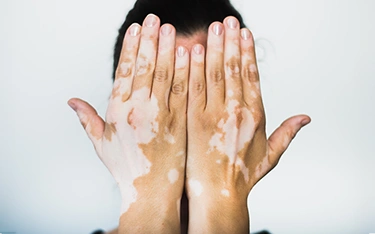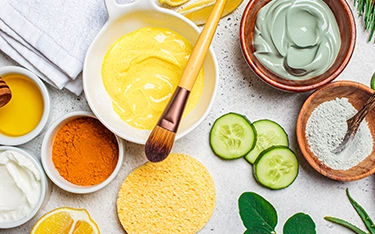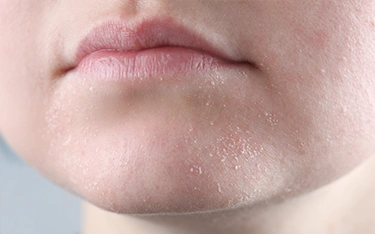FAQs
Winter strips moisture from all skin types due to low humidity and cold winds. Even oily skin can feel tight or flaky as the underlying hydration level drops, making barrier support and proper moisturising essential for everyone.
Cold weather, low moisture levels, harsh winds, and indoor heating can all weaken your skin’s natural barrier. Without extra care, this leads to dryness, dullness, and increased sensitivity, making a targeted winter skincare routine vital for maintaining healthy, glowing skin.
Leafy greens, citrus fruits, nuts, seeds, sweet potatoes, and healthy fats like ghee or olive oil nourish skin from within. These foods provide antioxidants, vitamins, and essential fatty acids to repair, hydrate, and protect skin during the colder months.
Yes, winter skincare benefits from switching to a gentler, cream-based or hydrating cleanser instead of foaming or exfoliating ones. This prevents over-stripping natural oils, maintaining skin’s protective barrier and reducing irritation caused by cold winds and dry indoor heating.
Coconut, almond, rosehip, and jojoba oils deeply nourish and lock in moisture. Used correctly, they can restore hydration, repair the skin barrier, and protect against winter dryness without leaving an overly greasy feel, especially when applied to slightly damp skin.
Not ideally. Winter skincare needs richer moisturisers, hydrating serums, and gentler cleansers compared to summer’s lighter formulas. Seasonal changes require adjusting your routine to protect against dryness, repair damage, and maintain skin balance in colder, low-humidity conditions.




